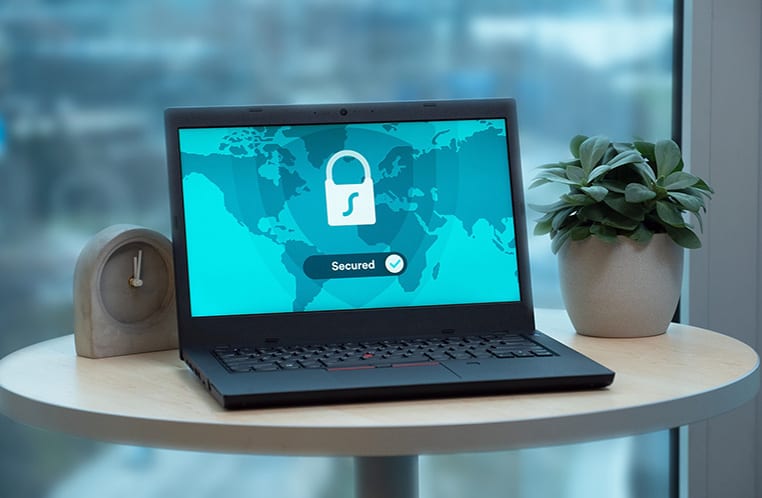Internet security is becoming more and more important each day. Governments, corporations, hackers – there are many different entities that want to spy on your internet activity. One of the best ways to protect yourself from these threats is encryption. This blog post will teach you how to encrypt your internet connection so that no one can see what you’re doing online.
To start, we need to go over the basics of how your internet connection works. When you type a URL into your browser and hit enter, that request goes through several different computers before it reaches its destination (the website’s server). Each computer can see what sites you’re requesting and simply “looking” at these requests gives them an idea as to what you’re doing online.
Encrypting this traffic is extremely important because even if someone were able to snoop on their own network they would not be able to decrypt anything. They would only know the general location from which the website was requested but nothing more specific than that. In order for encryption to work properly, both ends must have some sort of security enabled otherwise no data will actually be encrypted.
GPG
This is a program that allows you to encrypt and decrypt messages using public key cryptography. It’s an open source project which means it has been tested extensively by many programmers around the world, making sure there are no hidden backdoors or security issues (unlike closed-source software like Windows). GPG works with emails very similarly to how PGP does however it can also be used on its own as long as both ends have some sort of encryption enabled.
You can install GPG on Windows, Mac or Linux. Once it is installed you will have to generate an encryption key which is done by using the ‘genkey’ command. This process will take some time so you may want to go grab a cup of coffee while it is processing. Once your key has been generated, copy and paste that over into your chat partner’s computer or vice versa if they are generating their own key. You can also use keyservers which are basically large databases that store public keys.
The advantage to using a key server is that if someone else has your friend’s public key, you can download it from the key server and add them as a contact without having sending them an email first.
To decrypt messages or files, GPG uses public and private keys to do this automatically for you once they are put into the correct place. You can decrypt using the ‘pgp’ command with no arguments to automatically put it where it needs to go.
To encrypt files using GPG, you need to use the ‘pgp’ command. You can also do this with your chat partner by adding their public key as a recipient of the message (using your friend’s public key is usually not secure because anyone could have made that key). This can be done by using the ‘recip’ command. Once you have added your friend as a recipient, encrypting files is just like sending any other type of file with PGP.
Are there any other methods apart from PGP? There are many ways of doing things. These include:
Using a VPN (Virtual Private Network)
This encrypts your internet connection and routes it through another server which can be located anywhere in the world. The downside to using a VPN is that if you don’t trust the company that is running the server, you shouldn’t trust them with your data.
Using TOR (The Onion Router)
This uses a network of computers around the world to encrypt and anonymise traffic so it becomes much harder for people to intercept or track what you are doing. It does have some downsides such as not being able to use certain websites and often being slower than a standard internet connection.
Using SSH (Secure Shell)
This encrypts your traffic so it cannot be snooped on however, you really only need to use this if the computer is not secure such as in public places like libraries or cafes. It’s also worth noting that SSH can log what people do on your computer so if you are using it to share something sensitive, be aware of this.
Using Ipredia
This is an anonymous service that allows you to browse websites or use chat clients without any of your traffic being monitored (including the content) by outside sources such as ISP’s. The downside to using Ipredia is that there are no servers and your traffic is routed through a network of routers which may or may not be trustworthy.
